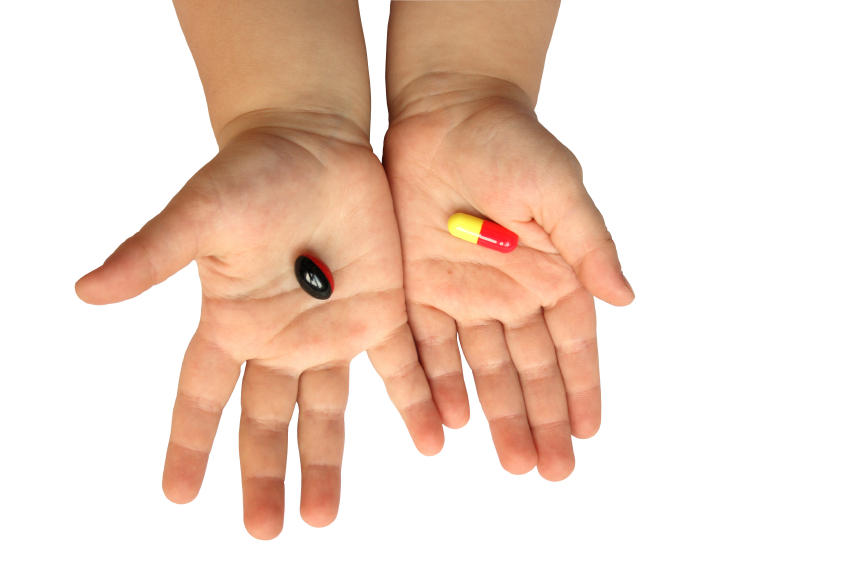New Study: Antipsychotic Medication Prescribed to Children Who Don’t Need It

A new study has found that kids suffering from ADHD or other behavioral issues are being treated too quickly and incorrectly with antipsychotic medication.
The most extensive analysis of antipsychotic medication use among children and adolescents of its kind was performed by the Journal of American Medicine of (JAMA) Psychiatry. The study has found that drugs normally recommended for treatment of mental illnesses (like schizophrenia and bipolar disorder) are being given to children and teens suffering from “self-limiting behavioral dysfunctions or conditions like Attention-deficit/hyperactivity disorder.” With no mental illness diagnosis in many of these cases, these children and teens are being handed medications they do not need, according to this new study.
Co-author of the study, Dr. Michael Schoenbaum, senior advisor for mental health services, epidemiology and economics at the National Institute of Mental Health expressed in a press statement, “No prior study has had the data to look at age patterns in antipsychotic medication use among children the way we do here. What’s especially important is the finding that around 1.5 percent of boys aged 10-18 are on antipsychotics, and then this rate abruptly falls by half, as adolescents become young adults.”
The Study
The study focused on data obtained from IMA LifeLink LRx’s database, which records 63 percent of the prescriptions dispensed in the U.S. every year. Comparing the prevalence of antipsychotic use in different age groups from 2006 to 2010, researchers discovered that boys were more likely than girls to be prescribed these drugs and, overall, antipsychotic use among children has slightly dropped from 2008 to 2010, where the average usage rate of these medications were about 1 percent of the population. Nevertheless, researchers were still concerned that these drugs were usually given by “medical professionals without efforts to seek safer, more appropriate treatments or for conditions that are known to improve over age.” Dr. Schoenbaum explains that prescriptions of these medications should be handled with the upmost care and responsibility because they can affect both physical and neurological function of the child or teen and some of their adverse effects can even persist after the medication is stopped.
Results of the Study
The study recommends that preschool aged children with mental health problems should “seek comprehensive psychiatric assessment and a trial of a relevant psychosocial intervention before considering psychopharmacologic treatment.” The authors are also careful to explain that the “off-label use of antipsychotics in children and teens isn’t inherently wrong, as they can help to tamper down and manage behavioral symptoms.” But because flooding the maturing brain of children and teenagers with these drugs can cause unknown risks, they should be “utilized only when it’s absolutely necessary.”
When studying cases where the child had no mental health diagnosis at all, it was found that these drugs were prescribed, as well. But it could have been for good reason. “Some primary care physicians may withhold mental disorder diagnoses because they are not reimbursed for these codes or to reduce stigma. In other cares, antipsychotics may be used to treat insomnia, agitation, or other symptoms that do not meet criteria for a mental disorder,” the study stated.
Authors hope these findings will spark others in the medical field to “develop better, safer approaches to treating serious but manageable conditions.”
Source: www.medicaldaily.com